If you're dealing with constant sinus congestion and considering an air purifier, you're not alone. Many people wonder if these devices actually help with sinus problems or if they're just expensive fans. The truth is more nuanced than you might think.
What You'll Learn
- How air purifiers work to remove sinus-triggering particles from your air
- The real science behind HEPA filters and their effectiveness for allergies
- What features actually matter when choosing an air purifier for sinus relief
- Why air purifiers work best when combined with other treatments
- A complete buying guide to help you choose the right purifier
Do Air Purifiers Really Help Sinuses?
Yes, air purifiers can help with sinus problems, but they're not magic. Here's what the science shows. Studies prove that HEPA air purifiers reduce allergen levels in homes. They also improve symptoms in people with allergic rhinitis and reduce asthma attacks.
The key is understanding what triggers your sinus issues. If allergens like dust, pollen, or pet dander cause your problems, an air purifier can make a real difference. If your sinuses act up due to infections or structural issues, clean air alone won't solve everything.
One cat owner shared her story with us. She loved her cat but suffered constant sinus congestion and sneezing. After getting a quality HEPA purifier and using NoMore® Colds red light therapy, she now lives symptom-free with her furry friend.
How Air Purifiers Work for Sinus Relief
Air purifiers use two main types of filters to clean your air. HEPA filters capture tiny particles that trigger sinus problems. True HEPA filters remove 99.97% of particles that are 0.3 microns or larger. This includes dust, pollen, mold spores, and pet dander.
Carbon filters work differently. They grab odors, chemicals, and smoke from the air. These irritants can inflame your sinuses even if you're not allergic to them.
When these triggers float around your home, they enter your nose and sinuses. Your body sees them as invaders and creates inflammation to fight them. This causes the swelling, mucus, and congestion you feel. Remove the triggers, and your sinuses can start to heal.
What Makes an Air Purifier Effective
Not all air purifiers work the same way. Several factors determine if a purifier will actually help your sinuses. Room size matching is crucial. Your purifier needs to clean all the air in your room multiple times per hour. Look for units that provide 4-5 air changes per hour (ACH) for your room size.
Filter quality matters more than brand names. Choose true HEPA filters, not "HEPA-type" or "HEPA-like" filters. These cheaper versions don't meet the strict HEPA standards.
Placement affects performance too. Put your purifier near your bed or in the room where you spend the most time. Keep it away from walls and furniture that block airflow.
Regular maintenance keeps your purifier working. Change filters every 6-12 months, or they'll stop catching particles effectively.
Air Purifier Buying Guide
Here's what to look for when shopping for an air purifier for sinus relief. First, calculate your room size in square feet. Choose a purifier rated for a room 20-30% larger than yours. This ensures it can handle the space effectively.
Look for these key features: True HEPA filtration, activated carbon filter, CADR ratings for dust and pollen, and Energy Star certification for efficiency.
Avoid purifiers with ozone generation. These can actually irritate your sinuses and lungs. Skip expensive add-ons like UV lights or ionizers unless you have specific needs for them.
Budget $150-$400 for a quality unit that will last years. Cheaper models often have weak fans or poor filtration that won't help your sinuses.
Maximizing Your Results
Air purifiers work best as part of a complete approach to sinus health. They handle external triggers, but internal inflammation needs different treatment. This is where combining clean air with targeted therapy makes sense.
NoMore® Colds red light therapy treats inflammation inside your sinuses while your air purifier removes triggers from your environment. Together, they address both causes of sinus problems.
Keep your home clean by vacuuming regularly and washing bedding in hot water weekly. Control humidity levels between 30-50% to prevent mold growth. These steps help your air purifier work more effectively.
Air purifiers aren't miracle cures, but they're valuable tools for people with allergen-driven sinus issues. Choose the right unit, use it properly, and combine it with other treatments for the best results. Your sinuses will thank you for the cleaner air.

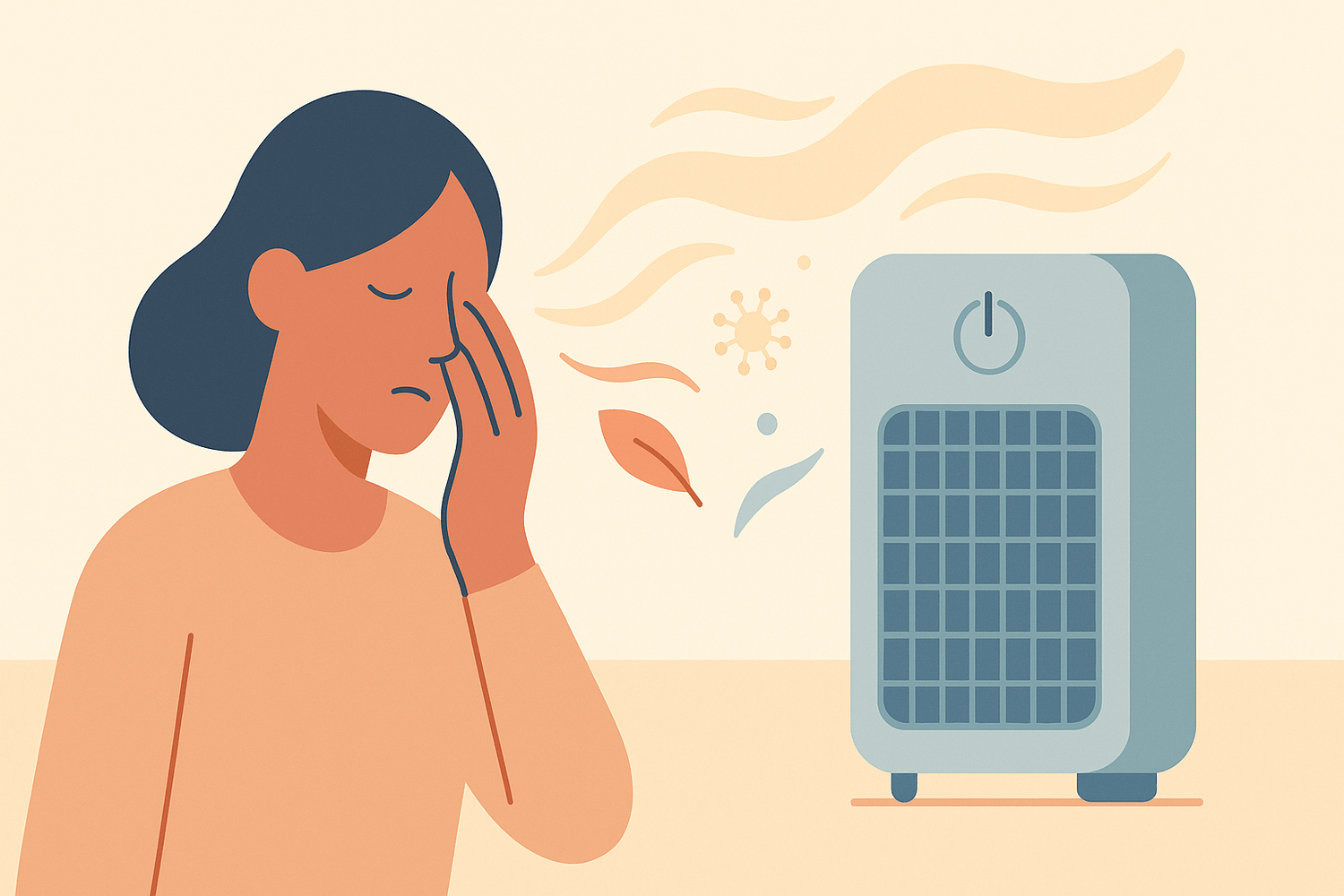

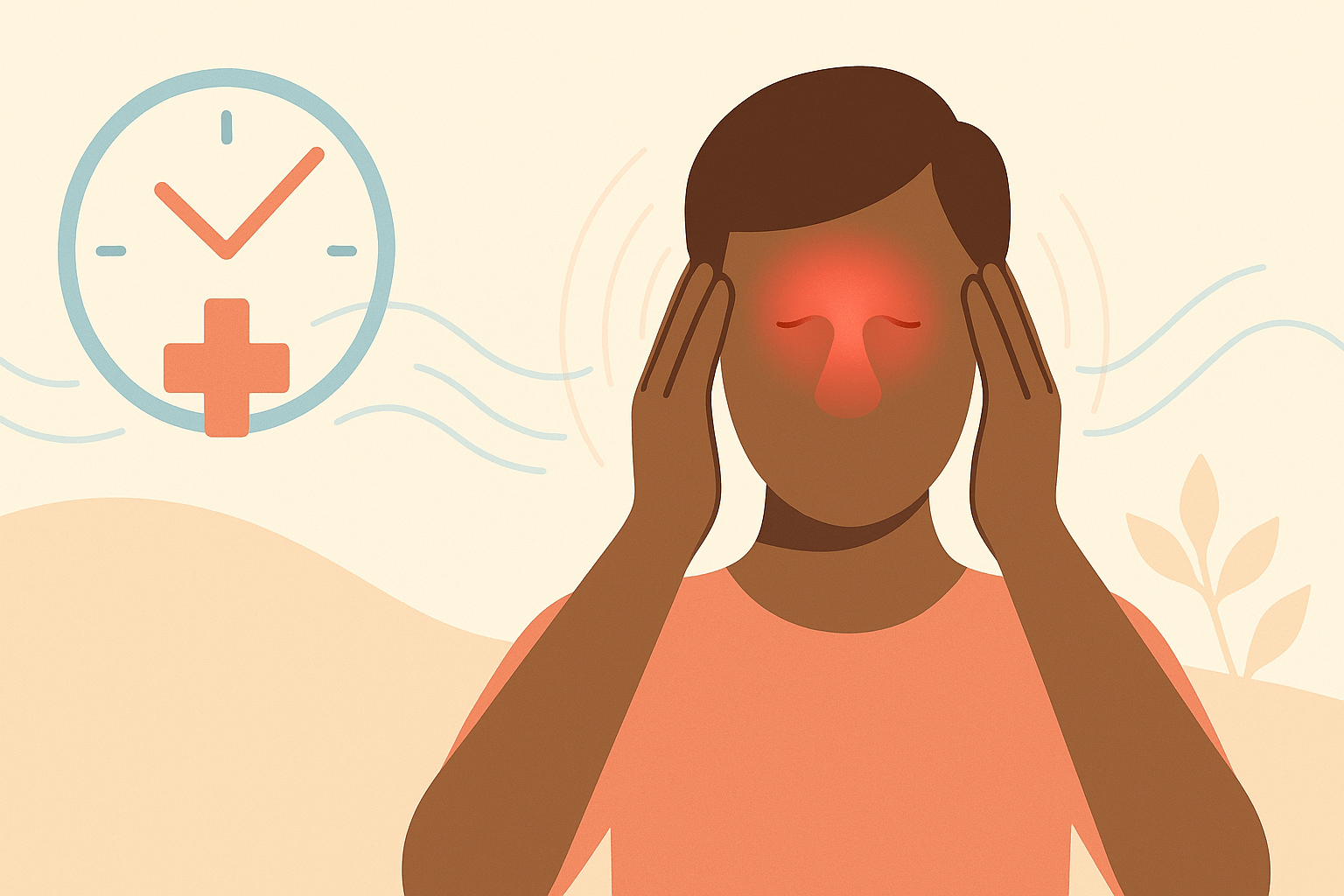
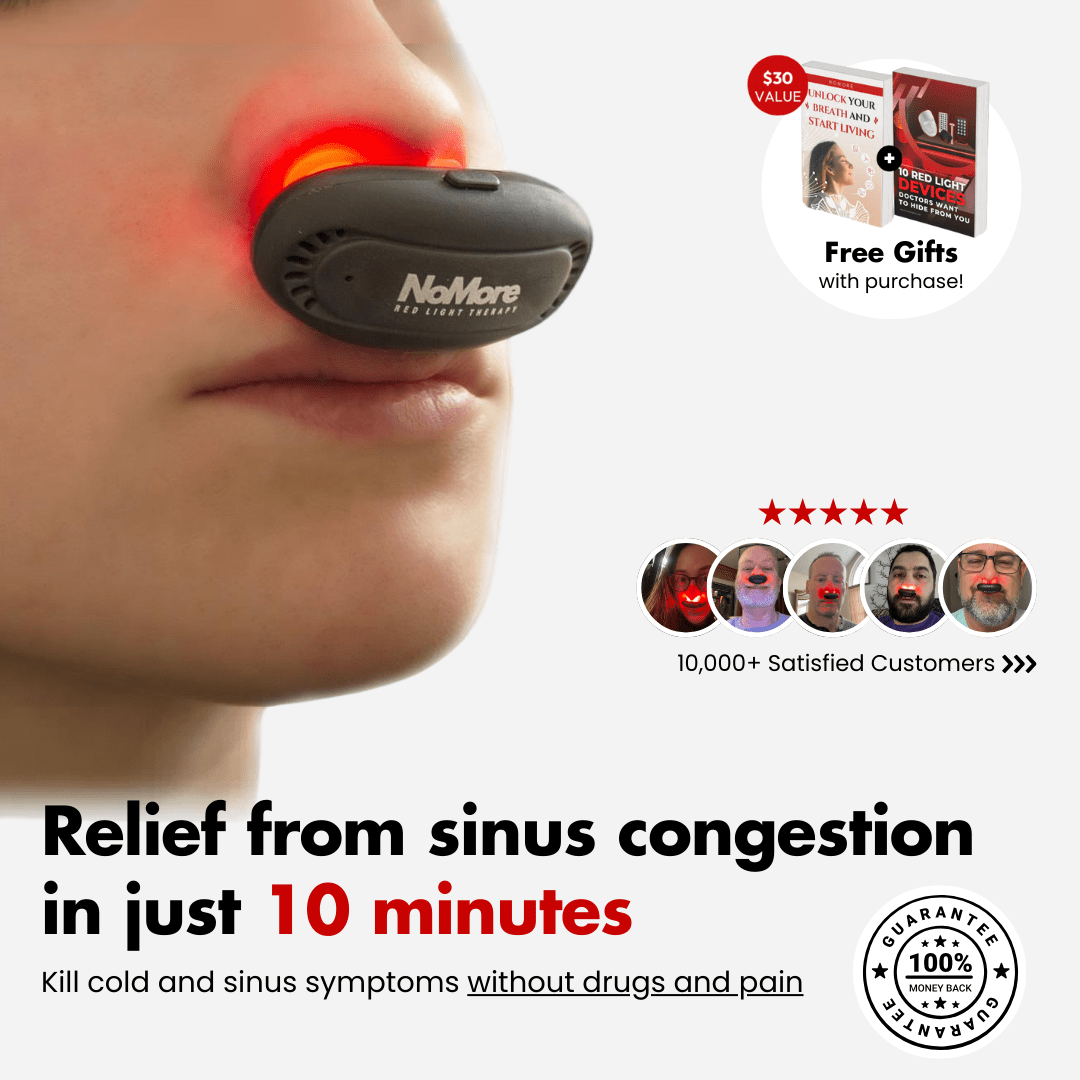
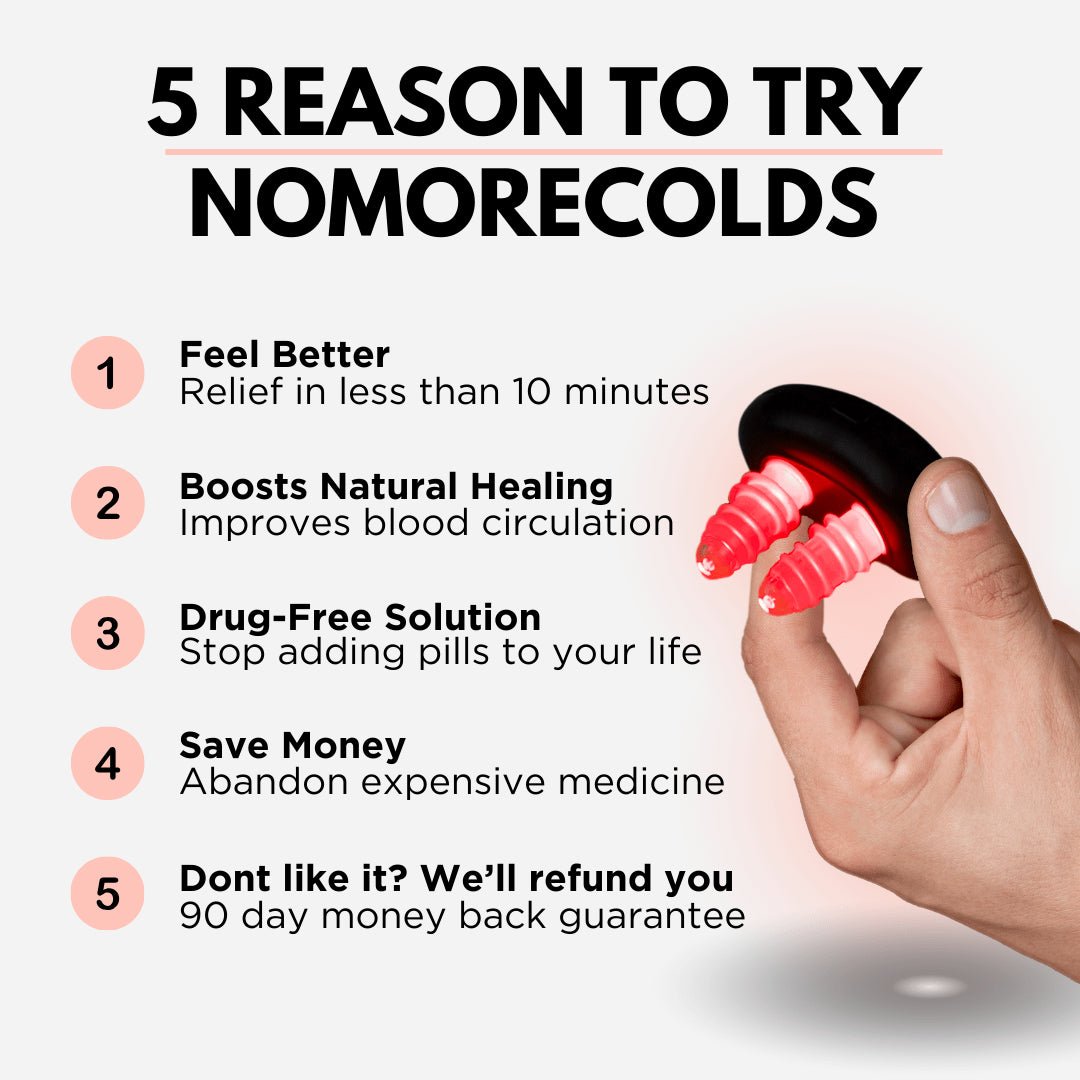
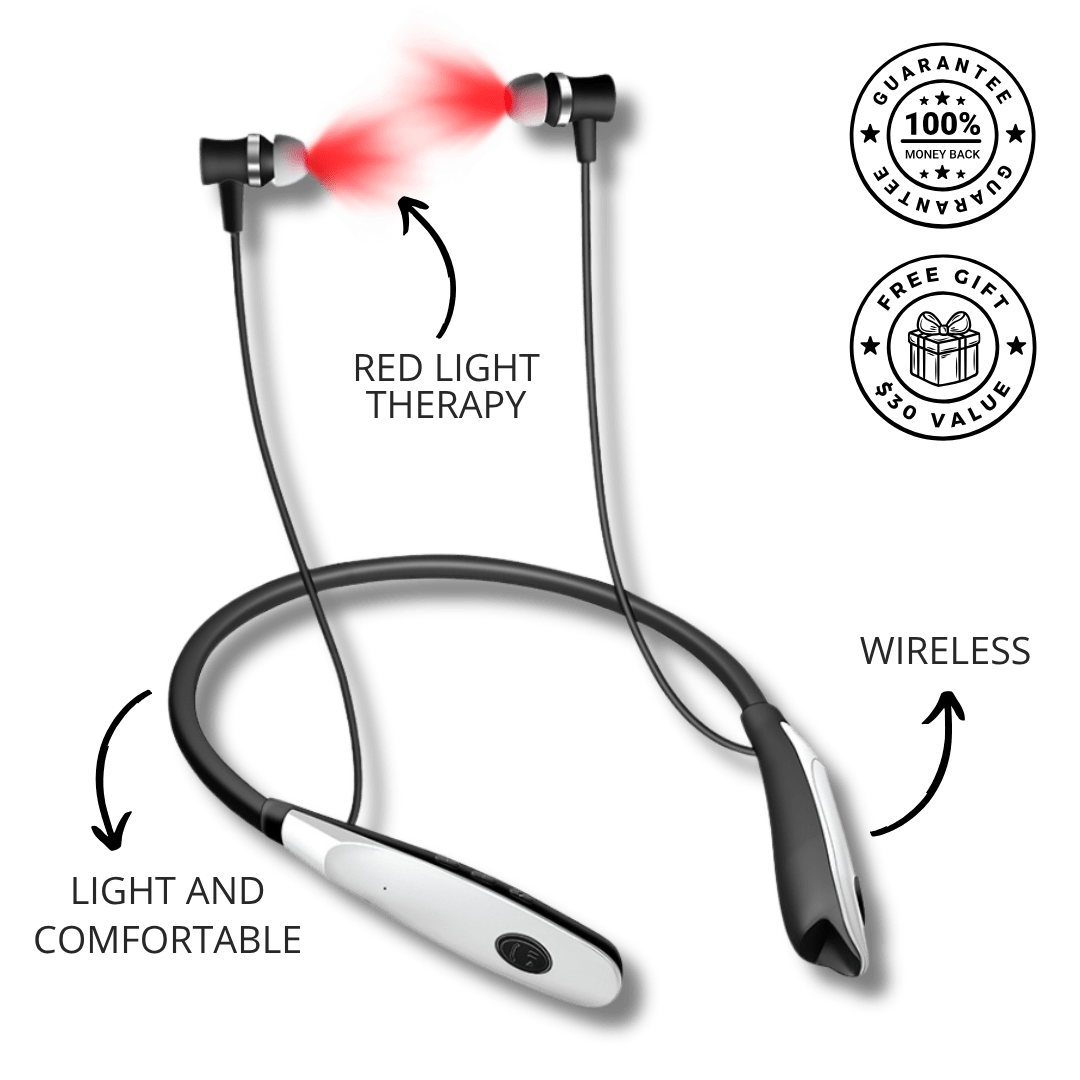
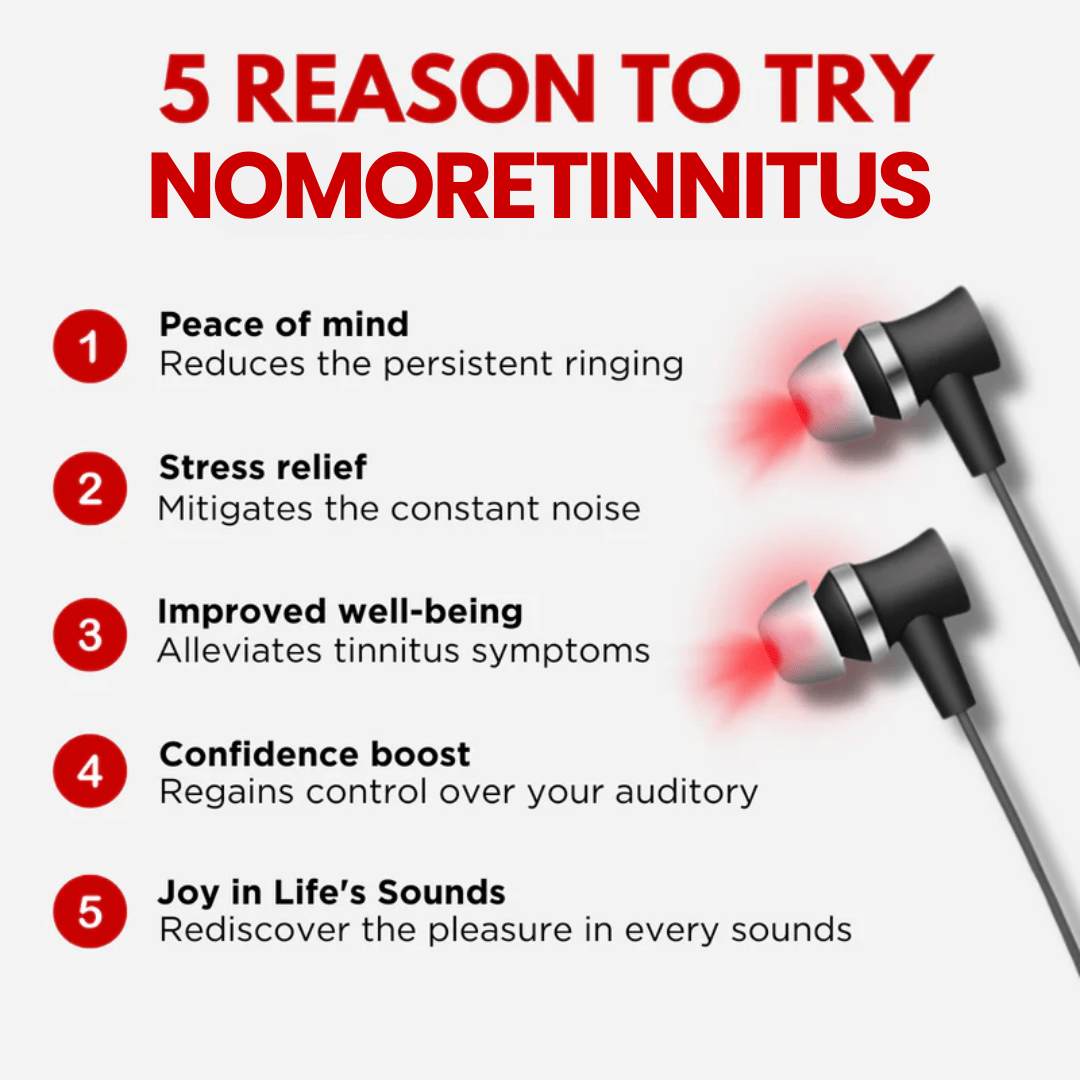
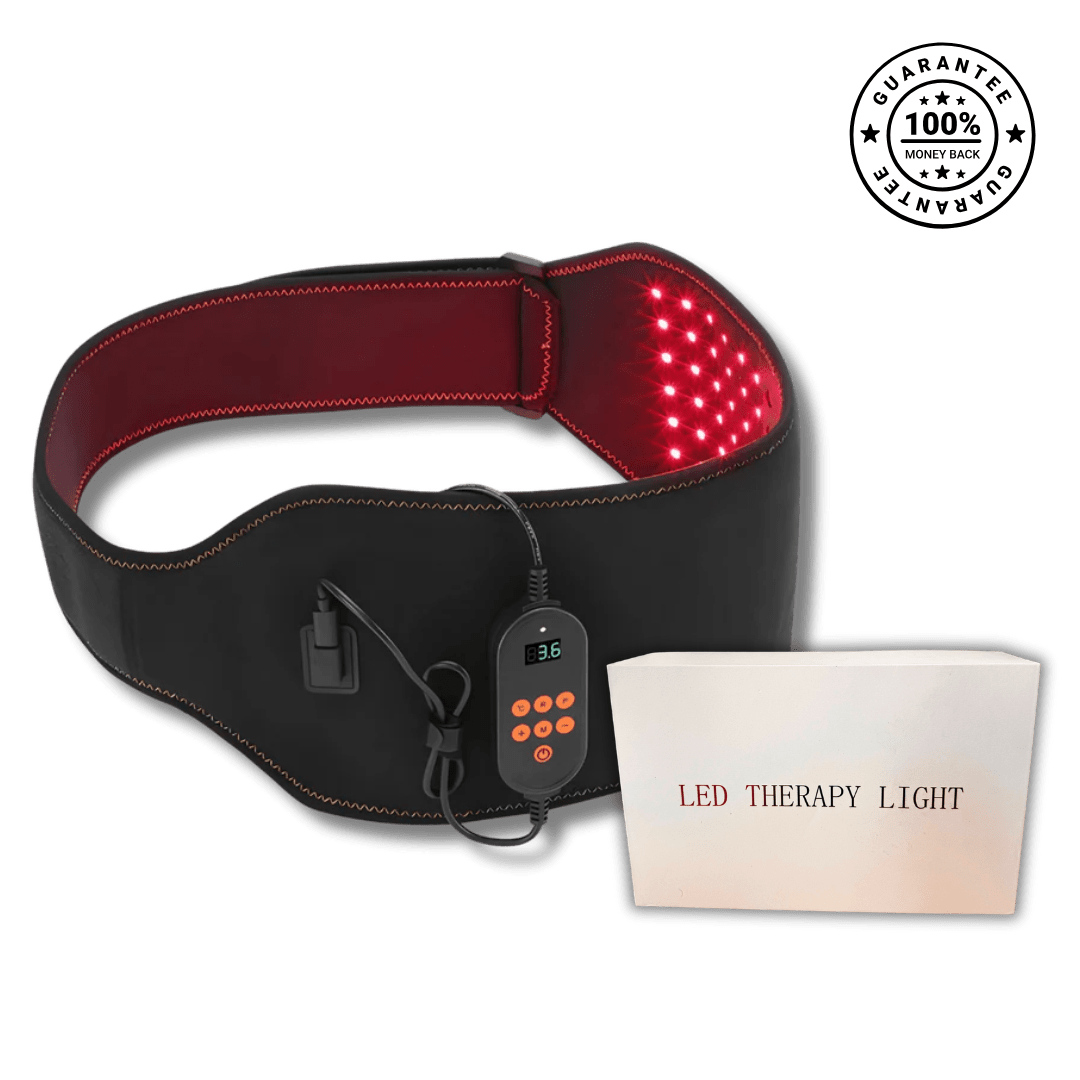
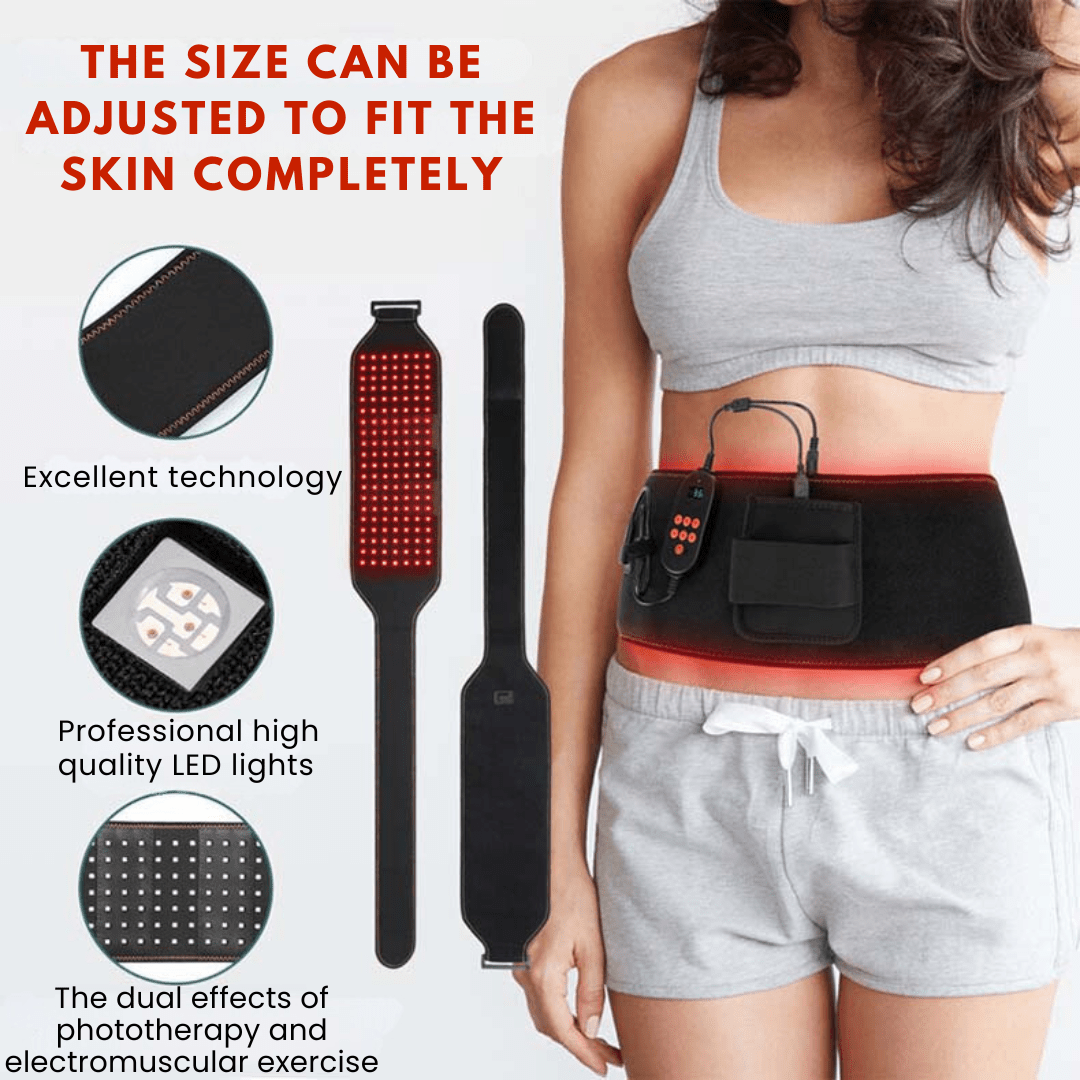
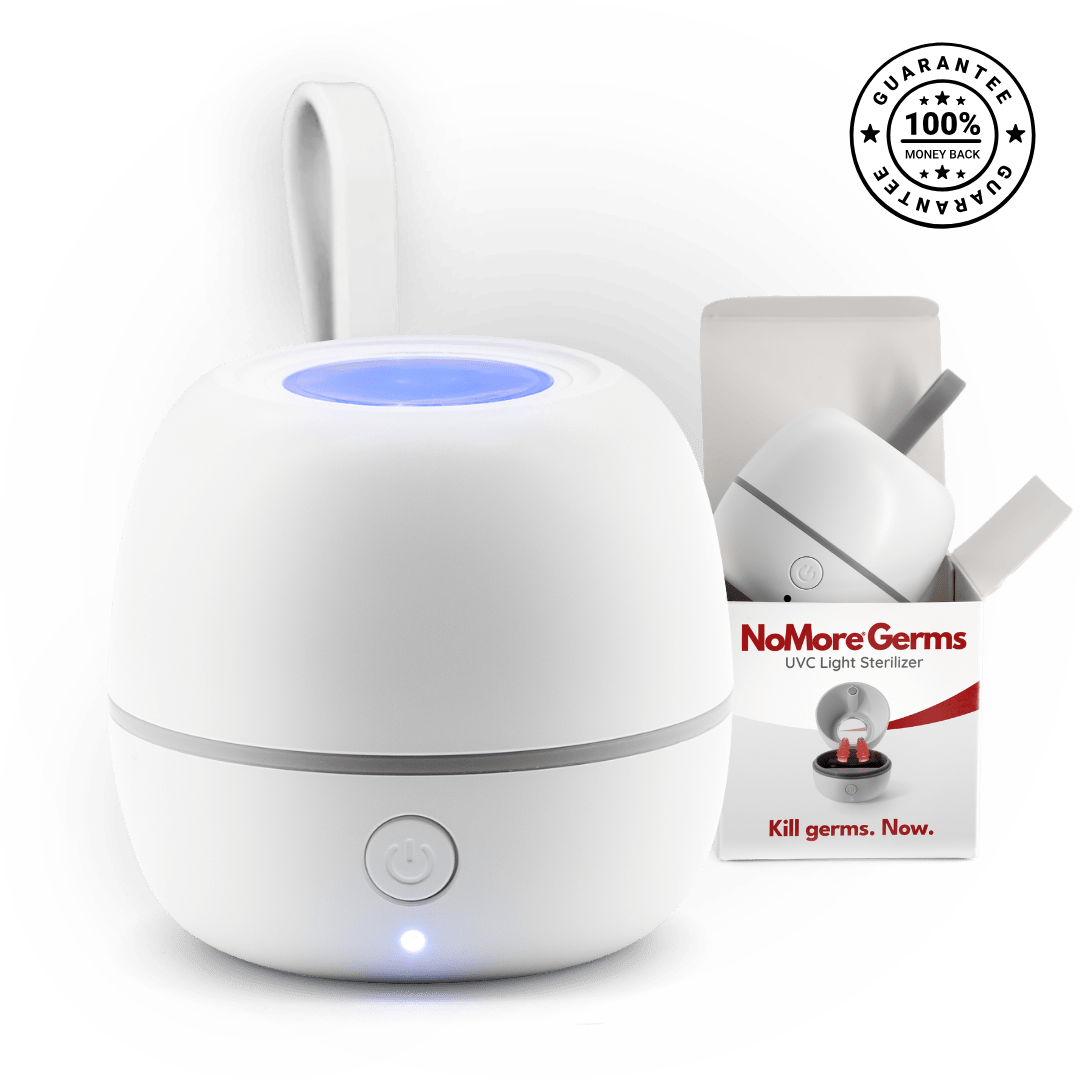
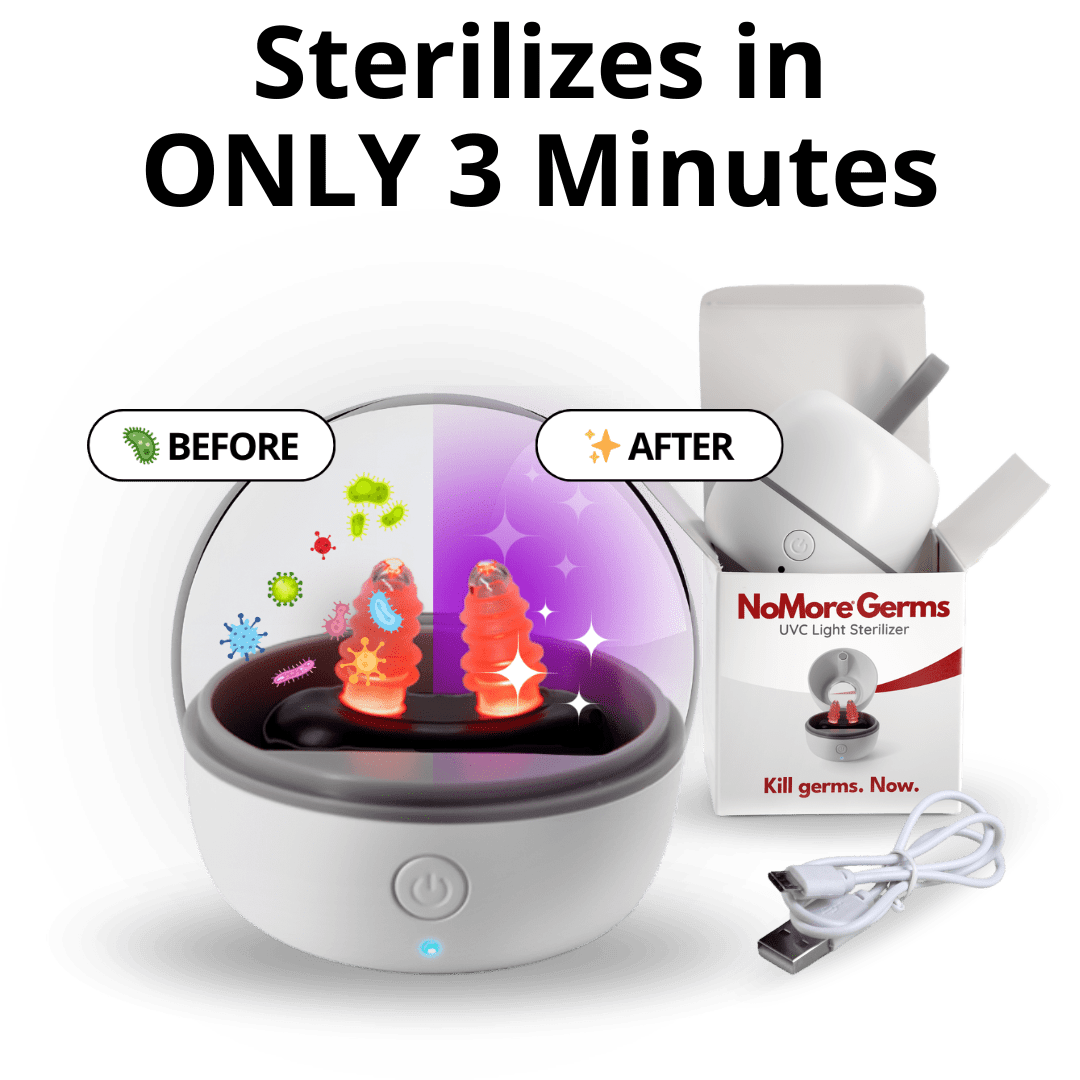
Leave a comment
This site is protected by hCaptcha and the hCaptcha Privacy Policy and Terms of Service apply.